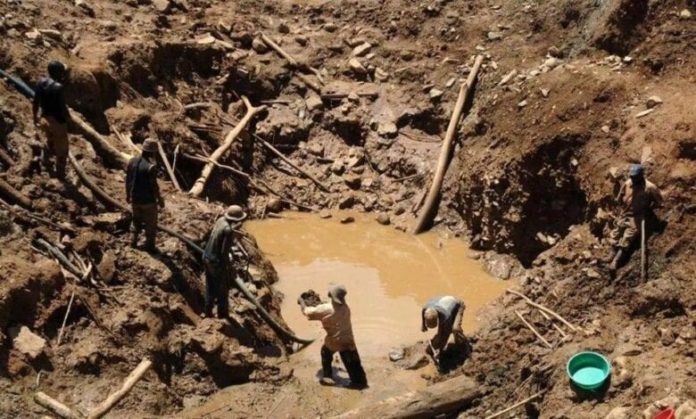By Alfred Koroma
The Economic Community of West African States (ECOWAS) regional Parliament commenced the last session of its Fifth Legislature in Freetown last week.
The Parliament is deliberating on issues around illegal mining and its implications in the ECOWAS Region. By the end of the session, the regional MPs are expected have thoroughly massaged regional mining frameworks and challenges to their implementation and make recommendations where regional collaboration can be fostered to boost the mining sector.
So what’s illegal mining and why is the topic so important to the region?
Illegal mining, according to UN Office on Drugs and Crime refers to prospecting and extraction of metals with high economic value undertaken without appropriate land rights, exploration and mining licenses or mineral transportation and other permits.
Or according to Sierra Leone’s Ministry of Mines and Mineral Resources, Illegal mining is the absence of land rights, environmental license, mining license, exploration permit or any document that legitimizes mining operations.
Illegal mining involves deforestation, land degradation and pollution that poses severe health challenge to people and the environment, yet governments cannot get raise taxes, royalties and other regulatory fees from the actvity to recompense the damage.
It’s a criminal enterprise that continues to destroy the biodiversity of the African continent, says Timothy Musa Kabba, Former Mines and Mineral Resources Minister and Present Sierra Leone Foreign Affairs Minister while making a statement at the opening session of the ECOWAS Parliament on Wednesday.
Minerals are one of the principal source of revenue for the ECOWAS region which means, uncontrolled mining activity can have severe environmental and economic impact on the region and further bleaks it future and cause widespread conflicts.
For example, nearly 80% of mining in Northwest Nigeria, West Africa’s biggest economy is being carried out illegally, sparking conflict across different states of the country.
Nigeria receives only 9% of its GDP from the mining sector while Ghana benefits 7.5%, Burkina Faso 10.2%, Cote d’Ivoire 4%, according to Mohamed Sidie Yayah Tunis, Speaker of the ECOWAS Parliament.
The mining sector has the potential to positively impact the lives of ECOWAS citizens, but illegal mining of the Community’s minerals has succeeded in depriving Member States of the much needed revenue to grow their economies and created instances of instability through banditry, kidnapping, thuggery and in some cases insurgency, he said.
In Sierra Leone, laws that regulates the mining of resources exist, but illegal mining remain a challenge in the country, costing government huge revenue.
Therefore, to examine the phenomenon of illegal mining, as well as its socio-economic, security and environmental implications on the advancement of Member States, the leadership of the Parliament found it befitting to dedicate the last Parliamentary Seminar of the Fifth Legislature to the topic, the Speaker said in his statement at the opening ceremony of the session of the seminar.
“We expect that at the end of the seminar, we will have a greater appreciation of the regional mining frameworks and challenges to their implementation and make recommendations where regional collaboration can be fostered to boost the sector.”





